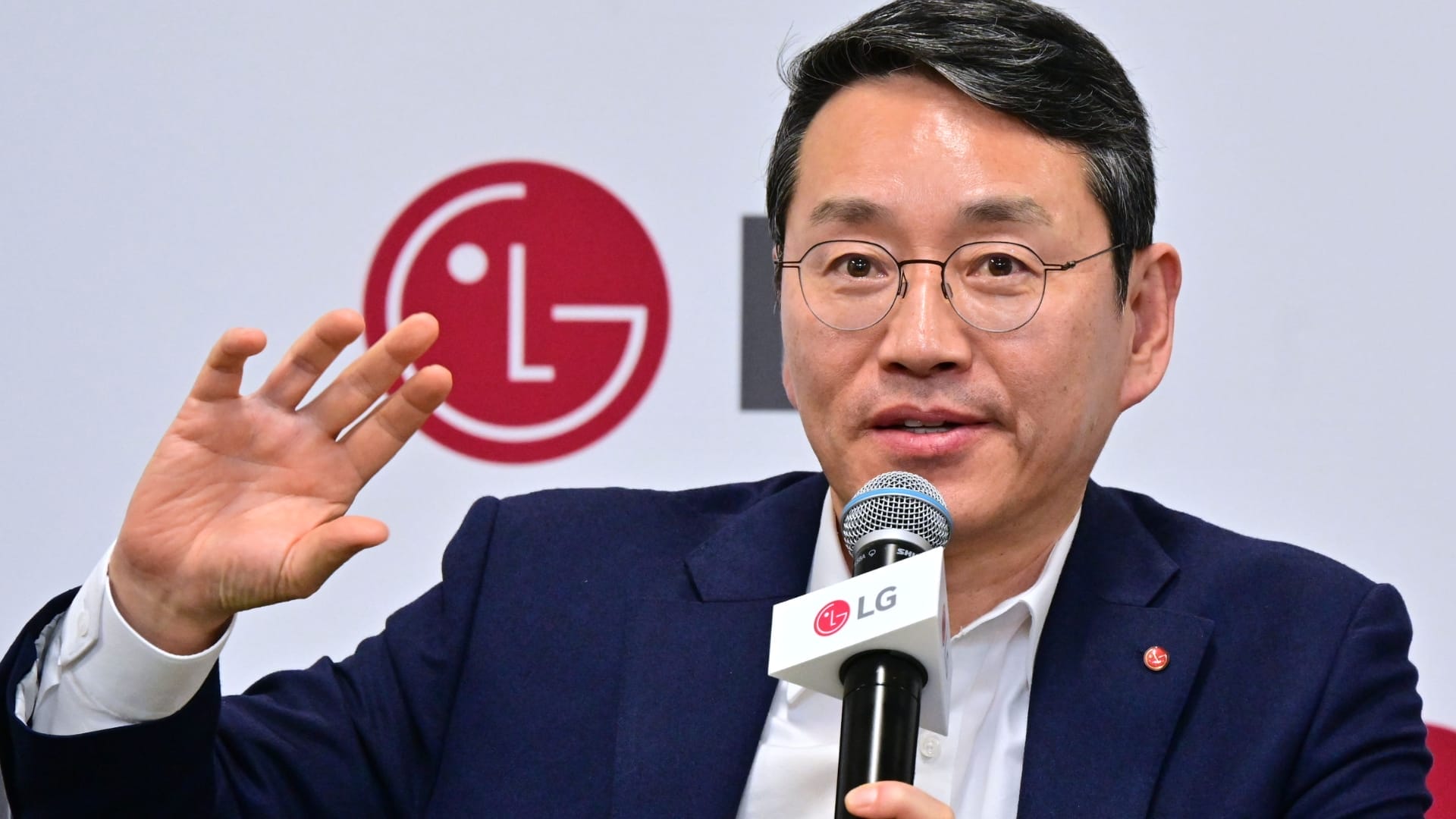LG outlines 2025 strategy for growth and structural competitiveness
LG Electronics unveils its 2025 strategy, focusing on structural competitiveness, subscription services, webOS growth, and B2B expansion in HVAC and AI.

LG Electronics’ CEO William Cho unveiled the company’s 2025 strategy on 8 January 2025 during a press conference in Las Vegas, USA. Addressing Korean media, Cho highlighted LG’s plans to strengthen structural competitiveness and drive qualitative growth by refining its execution strategies in response to the rapidly changing global market.
Table Of Content
Cho acknowledged LG’s progress with innovative business models such as subscription services and webOS-based advertising and content businesses. These initiatives reflect LG’s commitment to staying agile and responsive to market demands. “Amidst unprecedented market uncertainties and a shifting competitive landscape, we require a fundamentally different level of strategies and precise execution,” Cho stated.
Since LG introduced its Future Vision 2030 two years ago, global market recovery has faced delays, while geopolitical tensions and evolving trade policies have increased. Competitors, particularly in China, have shifted focus from price competition to advanced technological innovation. Despite these challenges, Cho reaffirmed LG’s focus on delivering unique customer value to ensure continued growth.
Subscription and platform-based services driving growth
LG is expanding its presence in the subscription service space by combining products and services to provide convenience and flexibility to customers. This model, which allows users to customise product usage and care services, has seen significant growth. In 2024, subscription revenue rose over 75% year-on-year (YoY), reaching nearly KRW 2 trillion, exceeding the initial target of KRW 1.8 trillion. LG aims to triple this revenue by 2030.
The company has also broadened its geographic reach, launching on-site care services in Singapore, India, and Hong Kong, following successful introductions in Malaysia, Thailand, and Taiwan. Additionally, LG’s online brand shop recorded an 80% surge in sales during the Black Friday period in November 2024.
LG’s webOS platform continues to transform its business structure into a high-profit model. Generating over KRW 1 trillion in revenue last year, webOS is set to evolve further as a content platform across various devices, including IT products and vehicle infotainment systems. The platform will expand into AI-powered digital out-of-home (DOOH) solutions, supporting advertisers and delivering diverse content experiences.
An organisational realignment has integrated LG’s display-based businesses such as TVs, signage, and monitors, bolstering efforts to enhance platform capabilities. The company is also exploring opportunities through mergers, acquisitions, and partnerships to secure additional resources.
Accelerating B2B growth with HVAC and beyond
LG’s B2B operations, particularly in heating, ventilation, and air conditioning (HVAC), are set to become a core growth driver. A new division, LG Eco Solution (ES) Company, is dedicated to advancing this segment, which includes high-efficiency air conditioners, heating solutions, and energy-efficient chiller systems for data centres. By 2030, LG expects its B2B business to account for 45% of total revenue, up from 35% in 2024.
The company plans to establish a fully localised business structure across key markets, integrating R&D, production, sales, and maintenance. This approach will help develop region-specific solutions and enhance competitiveness in high-growth areas like automotive components and smart factory systems.
Innovations to address future challenges
LG is intensifying its research and development (R&D) efforts, focusing on future technologies aligned with long-term strategies. Over 75% of advanced R&D will target key areas such as AI, robotics, next-generation computing, and quantum technology. CEO Cho outlined a “3B” strategy—Build, Borrow, Buy—to leverage internal expertise, external partnerships, and acquisitions.
The company is also forming task forces within each business division to strengthen competitiveness in product innovation, manufacturing, and R&D. These teams will be overseen by Cho and guided by predictive scenario planning to minimise external uncertainties and identify growth opportunities.
Sustained investment in future growth
Despite ongoing global challenges, LG remains committed to strategic investments to sustain growth and competitiveness. The company plans to allocate over KRW 50 trillion by 2030 to fund its portfolio transformation and qualitative growth. This investment will support facilities, R&D, and strategic acquisitions to accelerate LG’s evolution into a smart life solutions provider.















